With an increasing awareness of the production processes behind the food we eat, more and more people are beginning to consider the environmental impact of our choices. That’s why more and more people are turning to organic and sustainable farming.
Despite this increasing interest, communication of these terms is often vague and inconsistent. An important part of responsible consumption is clearly knowing how the practices, philosophies and outcomes of organic and sustainable farming differ.
Organic: focusing on production
Organic farming is a method of agriculture and livestock production that aims to use naturally occurring substances while strictly limiting those that are synthetic.
Organic labelled produce ensures that inputs to farming, including soil management, pesticides and genetic engineering, are controlled. This is to the benefit of biological diversity, soil fertility and the environment as a whole. Organic farming creates a considerable positive impact. However, the guidelines on organic farming are limited, with little influence on socially or environmentally minded practices from an overall perspective – this is where sustainable farming comes into play.
Sustainable: extending beyond the food
Sustainable farming is a more comprehensive philosophy that looks beyond the food to consider the entire growing ecosystem. By definition, sustainable farming strives to meet society’s’ needs of the present, without compromising the ability of future generations to do the same. It places emphasis on efficiency and balance in farming techniques, while also considering social equity and the surrounding environment.
Based on these general explanations of organic and sustainable farming, there is an obvious overlap in the two definitions. The key distinction that can be made is that organic production is a step towards sustainability, however organic systems are not always sustainable. Essentially, being organic is part of an all-encompassing outlook that is sustainable farming.
With general meanings of each farming method stated, let’s have a more in depth look at the key aspects that differentiate sustainable farming from organic farming.
Water Efficiency
Food and agriculture are the world’s largest water users, with up to 70% of groundwater and river water going into irrigation. Evidently, water consumption is an important element of farming that is not controlled with a limited organic farming approach.
Given this, a substantial aspect of sustainable farming is efficient water use – methods and approaches including drip-irrigation systems, use of reclaimed water and suitable crop selection are used to maximise water conservation.
Biodiversity Conservation
Sustainable farming principles clearly advocate the need for biodiversity conservation on farms. At all sustainably-certified farms, regular audits are performed that stocktake the presence of various organisms over time. Ensuring that biodiversity is maintained builds more resilient crops, while contributing to healthier soils. Crops are also rotated, to encourage a more diverse range of nutrients in the soil. Each of these steps helps to ensure the long-term productivity of the land.
Wellbeing and Equity
On top of being beneficial for our planet, sustainable farming is healthy for people as well. Sustainable farming sets clear standards for fair wages, the absence of child labour, and safe and hygienic working conditions for farm workers. At the same time, to be certified as sustainable, farms must maintain a level of profitability that ensures their long-term viability. In this respect, sustainable food also supports and enhances rural communities.
A Comprehensive Approach to Farming Produce
Overall, the well-rounded approach of sustainable farming includes a moral and ethical outlook that isn’t necessarily present with organic farming. Being an integrated farming system that extends beyond food – sustainably farming is a more complete approach to farming; preserving and enhancing natural resources, promoting social wellbeing, and often producing higher yields.
It should be stated that some organic farmers may well be focused on elements of sustainable farming. However, the difference here is that farmers who engage in the certification process for ‘sustainable farming’ with Rainforest Alliance must abide by a rigorous set of environmental, social, and economic criteria knows as the SAN Standard. This standard, much like any quality system, measures farmer’s performance against these criteria and encourages continuous improvement to promote sustainability on farms around the world.
Ultimately, giving people a clear insight into the impacts of their purchases allows them to make choices that are appropriate and aligned with their personal values. Through sourcing food that has been produced sustainably, you can contribute to an environmentally, economically and socially strong future.
That’s why we believe in sustainable farming practices at Ra Food. Check out our sustainability page to learn more.

